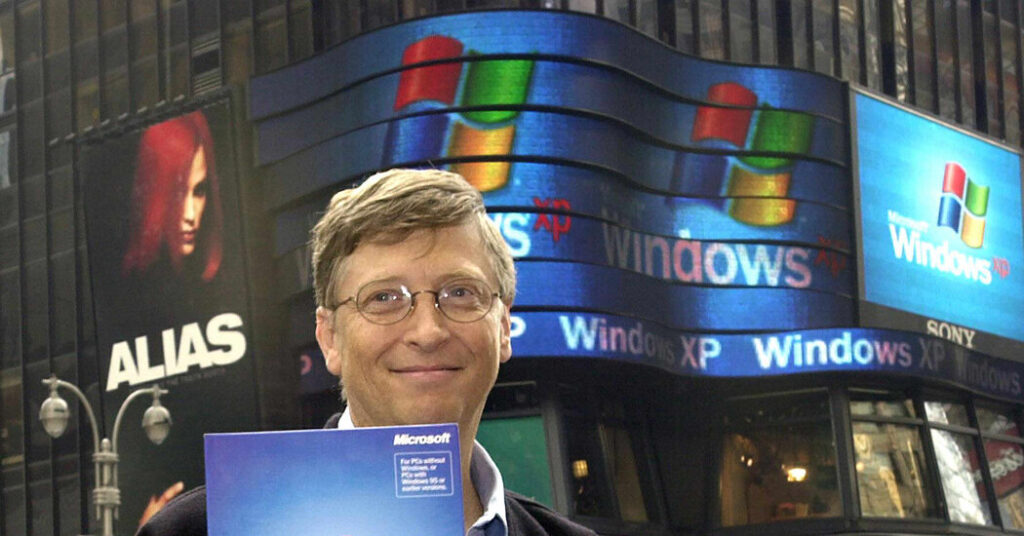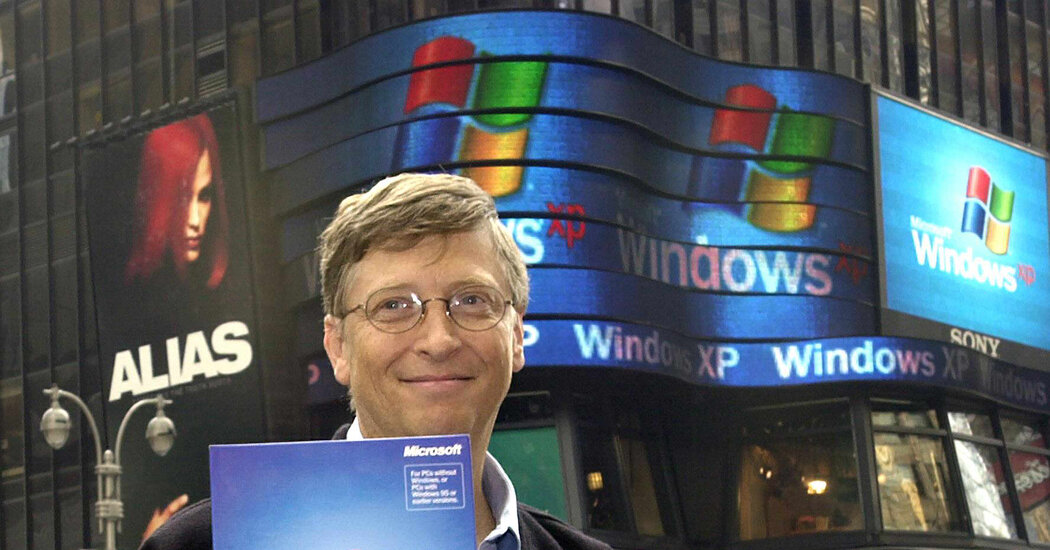How the Google Antitrust Ruling May Influence Tech Competition
Nearly a quarter-century after Microsoft lost a similar case, a judge’s decision that Google abused a monopoly in internet search is likely to have major ripple effects.


Nearly a quarter-century after Microsoft lost a similar case, a judge’s decision that Google abused a monopoly in internet search is likely to have major ripple effects.
In 2000, a ruling in a U.S. antitrust case against Microsoft helped set the rules of competition for the digital giant of its day.
At the time, a federal judge said Microsoft had abused the monopoly power of its Windows operating system and ordered that the company be split up. A breakup was reversed on appeal, but key legal findings were upheld. And Microsoft was prohibited from forcing restrictive contracts on its industry partners and ordered to open some of its technology to outsiders — preventing the company from single-handedly controlling the internet.
More than two decades later, a ruling in a Google antitrust case similarly promises to shape new rules for the tech industry. Judge Amit P. Mehta of U.S. District Court for the District of Columbia found on Monday that Google had violated antitrust laws by stifling rivals in internet search to protect its monopoly.
Google’s loss could have major ripple effects for competition today. U.S. regulators have also accused Apple, Amazon and Meta of violating antitrust laws by advantaging their own products on the platforms they run and acquiring smaller rivals. The Google ruling, and potential remedies to be decided by Judge Mehta, are likely to weigh heavily on those cases, including a second lawsuit against Google over ad technology, which is scheduled to go to trial next month.
Judge Mehta’s ruling is “a predictor of what other courts might do,” said Rebecca Haw Allensworth, a Vanderbilt University law professor who studies antitrust. “You can also expect other judges to read this opinion and be influenced by it.”
The influence of the Microsoft antitrust case was, in fact, apparent in the Google decision. In Judge Mehta’s 277-page judgment, Microsoft appeared on 104 pages, both as an aspiring rival to Google and as a legal precedent.








